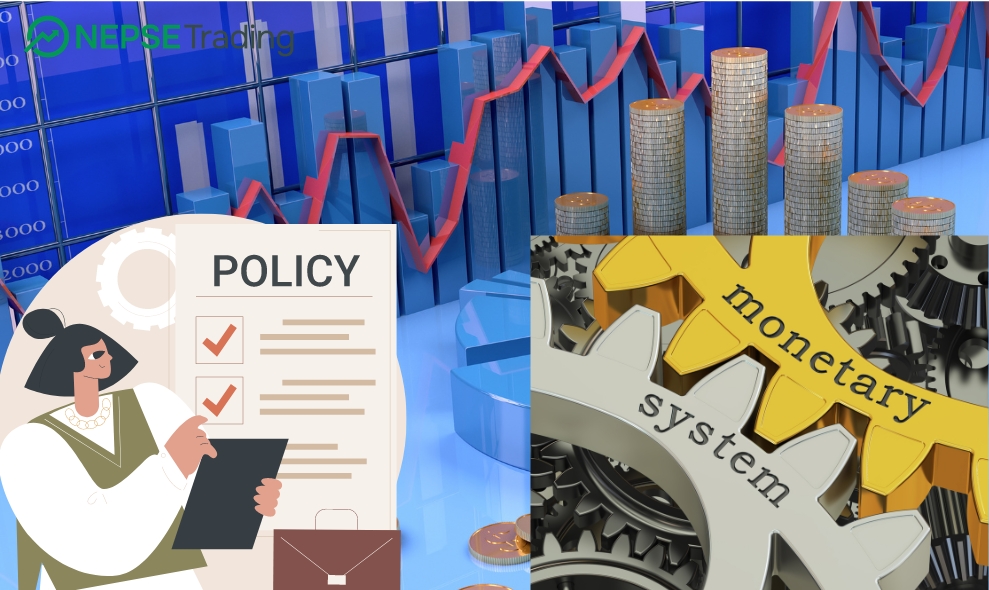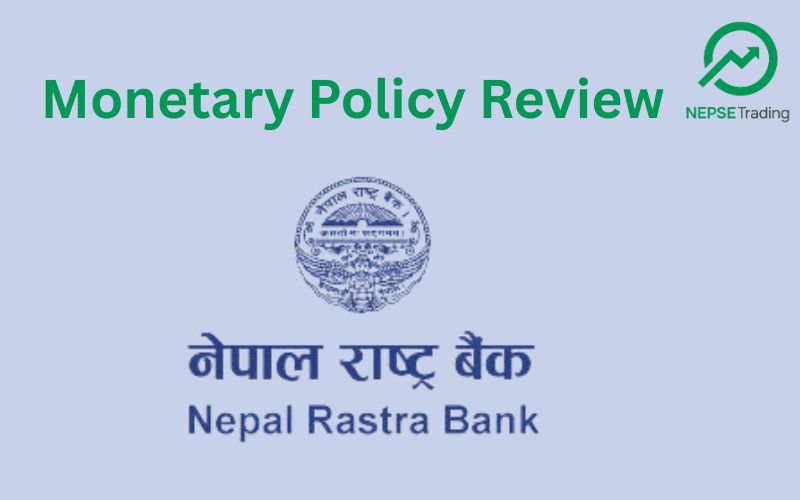By Dipesh Ghimire
Central Bank's Monetary Policy Amidst Political Changes

As Nepal's central bank prepares the monetary policy for the upcoming fiscal year, the country's political landscape has shifted. Following an agreement between the two major parties, Congress and UML, to form a new coalition, the government led by Pushpa Kamal Dahal (Prachanda) faces a crisis. Prime Minister Prachanda has announced that he will seek a vote of confidence, which, according to the constitution, must be taken within a month.
Key Points:
1. Political Changes:
- An agreement has been reached between Congress and UML to form a new coalition.
- UML has submitted a letter to the Parliament Secretariat withdrawing its support for the government.
- Prime Minister Prachanda will present himself for a vote of confidence on July 12th.
2. Preparation of Monetary Policy:
- According to the central bank's procedures, the monetary policy must be published within 15 days of the start of the new fiscal year.
- The monetary policy must be published by July 30th.
- Prakash Kumar Shrestha, Executive Director of the Economic Research Department, stated that the monetary policy is being prepared and discussions are ongoing with stakeholders.
- Shrestha claims that the monetary policy is unrelated to the government change.
3. Governor's Perspective:
- Governor Adhikari has stated that it is unlikely that the monetary policy will be influenced by the political transition.
- With Governor Adhikari's term ending and the possibility of Oli returning as Prime Minister, it is speculated that the upcoming monetary policy may be somewhat flexible.
4. Relationship Between Budget and Monetary Policy:
- The Prachanda-led government has already published the budget for the upcoming fiscal year.
- Some policy changes in the budget might be expected with the formation of a new government.
- Senior economist Dr. Chandramani Adhikari suggests that the new government may not significantly alter the budget.
5. Current Economic Situation:
- The pace of credit expansion is slow, and there is pressure from non-performing loans in the banking sector.
- Industrialists and traders have been demanding a conducive environment for investment.
- Economists emphasize the need for policies that increase government spending and prioritize loans for agriculture, energy, and small and medium-sized enterprises.
Given these circumstances, there is growing interest in how the upcoming monetary policy will manage the economy and the impact of the new government's formation on it.









